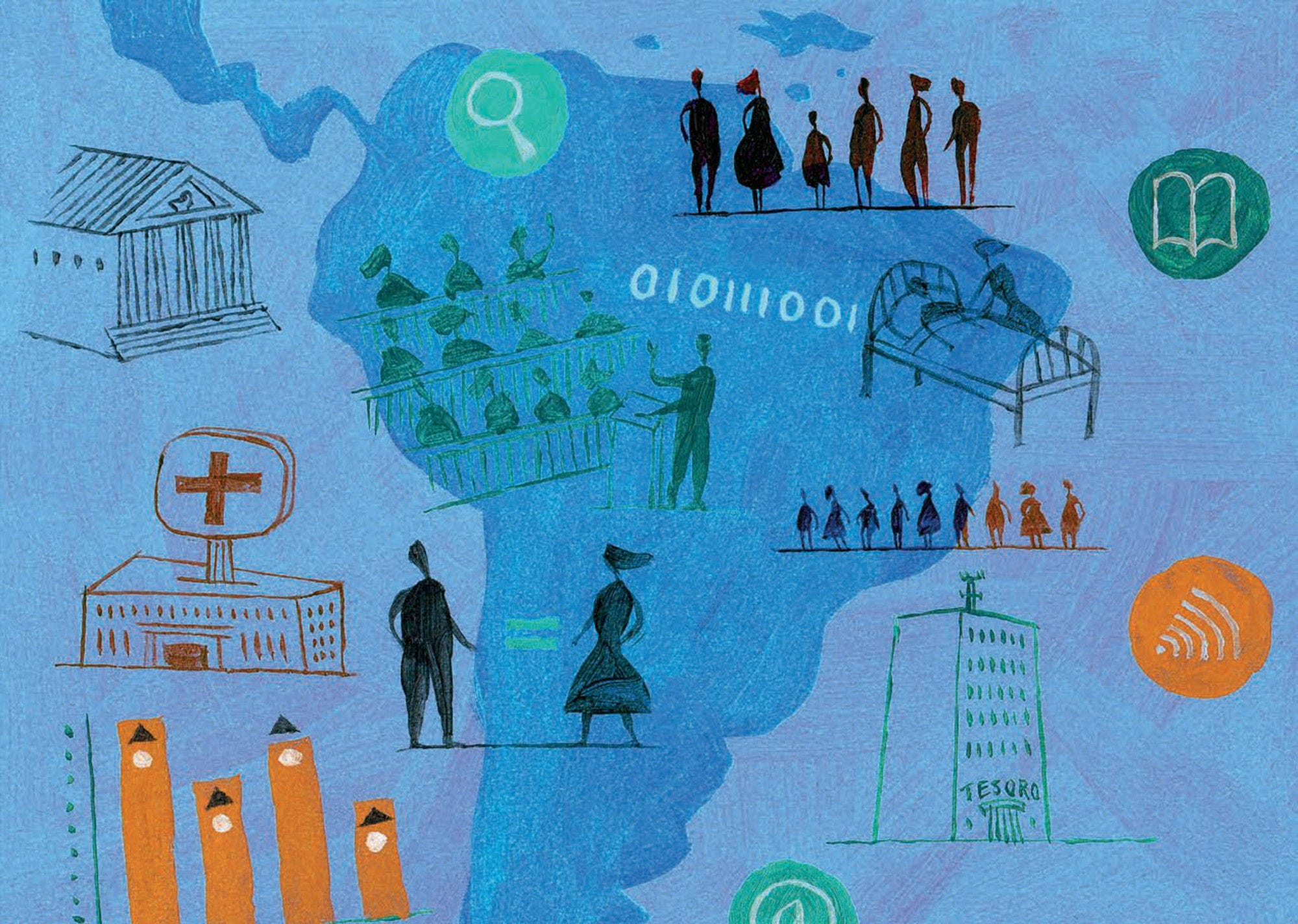The Centre of government (CoG), also known as the Office of the President, Cabinet Office, General Secretariat of the Government, among others, refers to the organisations and units that serve the Chief Executive (President or Prime Minister, and the Cabinet collectively). The CoG is expected to play a key role in ensuring evidence-based, strategic and consistent policy implementation by governments and are critical for organising and supporting the head of government’s decision-making process for guaranteeing the delivery of government priorities
The CoG performs certain cross cutting functions (strategic management, policy coordination, monitoring and improving performance, manage the politics of policies, and communications and accountability). Other common tasks performed primarily by the CoG include policy coordination, taking care of the relations with parliament and communicating government messages within government and to the public
In 12 out of the 14 LAC countries surveyed including Argentina, Brazil, Chile, Colombia and Mexico, the CoG is exclusively responsible for organising cabinet meetings, as is the case in all OECD countries with available information. In Guatemala, this responsibility is shared with the Planning Secretary (SEGEPLAN), while in Paraguay it is done jointly with the Social Cabinet (i.e. an extended set of institutions coordinating public policies in the social area). In turn, the formulation and monitoring of policies tend to be a shared responsibility between the CoG and other government bodies, primarily line ministries (10 and 9 countries, respectively.). It is more common for the CoG in OECD countries than in LAC countries to be primarily responsible of transition planning and management for the change of governments (21 out of 34 in OECD countries vs 5 out of 13 LAC countries with available information) and strategic planning (20 out of 34 in OECD vs 5 out of 14 in LAC).
Open government is defined as a culture of governance that promotes the principles of transparency, integrity, accountability and stakeholder participation in support of democracy and inclusive growth (OECD, 2019). In 5 out of the 14 surveyed countries in LAC, the CoG is responsible for designing, communicating and monitoring open government policies. In Argentina, Costa Rica, Guatemala and Mexico, the CoG is also responsible for coordinating them. On the contrary, in Brazil, the CoG only designs open government strategies and initiatives. The only two countries that reported that the CoG plays a role in evaluating strategies and initiatives are Guatemala and Mexico. Overall, CoGs in LAC are less involved in the implementation, coordination and evaluation of open government strategies in LAC than in OECD countries (OECD, 2019)
Governments often rely in the CoG’s coordination to put at place their digital government strategies and the implementation of ICT. In 9 out of the 14 surveyed LAC countries, the CoG is responsible for advising the development of the digital government strategies. Additionally in 10 out of the 14 respondent LAC countries the CoG also prioritises ICT projects and monitors the implementation of the digital government strategy. In turn, it is less common for the CoG to develop technical guidelines on ICT across government or coordinate with local levels, with 4 out of 14 countries in both cases (see online Table 4.3 in Annex F).

